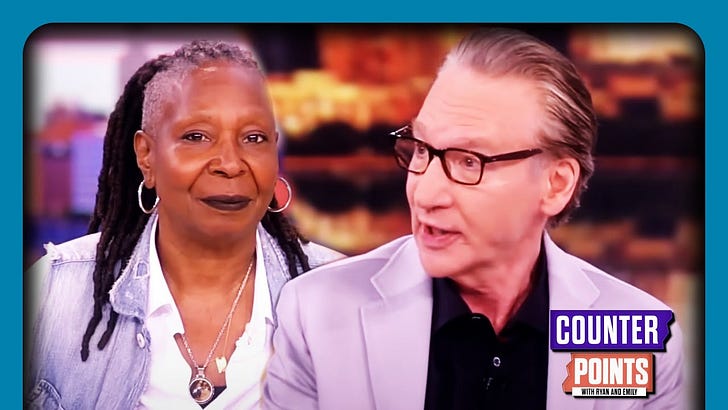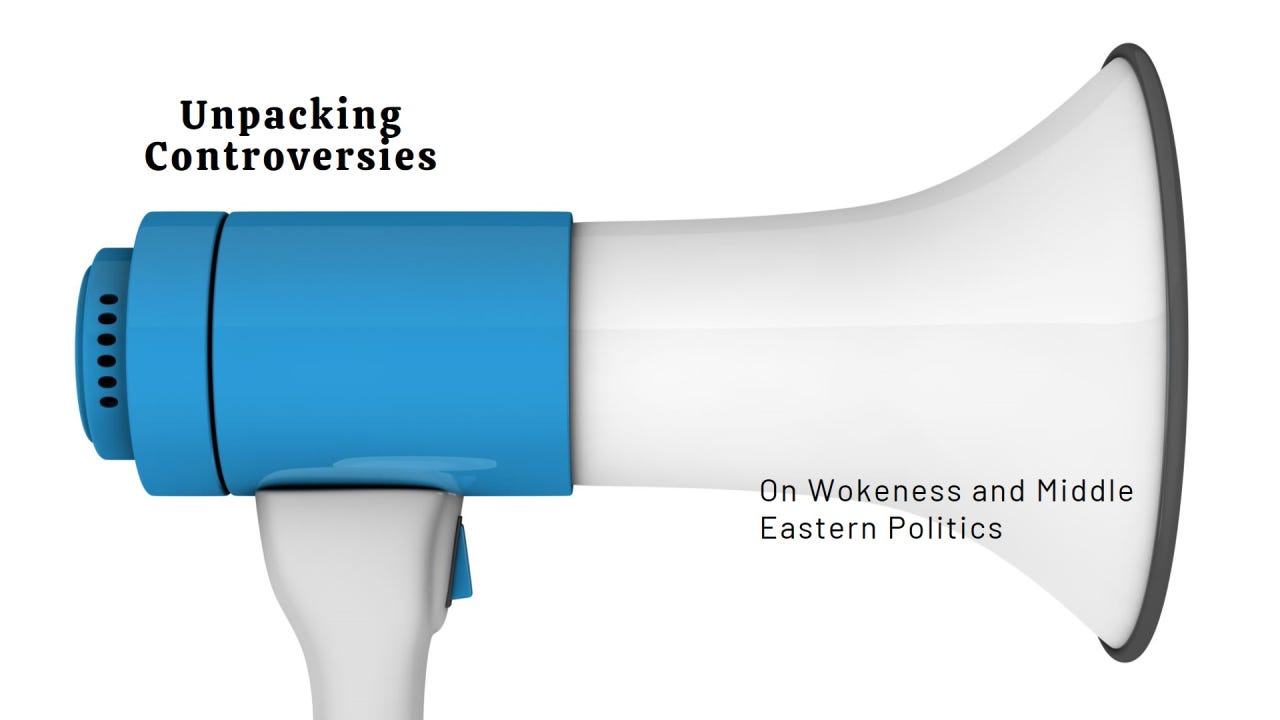The View from Maher: Unpacking Controversies on Wokeness and Middle Eastern Politics
Analyzing Bill Maher's Provocative Commentary and Its Impact
Bill Maher, known for his unabashed commentary and provocative stance on cultural and political issues, recently sparked controversy during his appearance on The View. His remarks on "wokeness" and the Middle East conflict ignited heated discussions, revealing deep-seated divisions within public discourse. Maher's views, often seen as polarizing, continue to resonate across media platforms, prompting reflection on the boundaries of free speech and the complexities of international relations.
Maher's Critique of "Wokeness"
During his segment on The View, Maher reiterated his critique of "wokeness," a term he believes has been co-opted and distorted in contemporary discourse. He argued that the concept, originally rooted in awareness of social injustices, has morphed into a stifling force that impedes open dialogue and critical thinking. Sunny Hostin, one of the panelists, challenged Maher on this point, highlighting its origins within the black community as a means to combat systemic inequities.
Maher's use of "wokeness" as a critique of societal trends is not new. His commentary often targets what he perceives as excessive political correctness and ideological rigidity, which he views as detrimental to genuine social progress. The debate underscored differing perspectives on the role of language in shaping cultural norms and political discourse.
The Debate on Middle Eastern Politics
Beyond domestic issues, Maher's commentary on The View also delved into the complexities of Middle Eastern politics, particularly regarding the Israel-Palestine conflict. He criticized segments of the left for what he perceives as misguided support for Hamas, the militant group governing Gaza. Maher's stance drew attention to the nuanced dynamics of international relations and the challenges of distinguishing between criticism of Israeli policies and outright support for extremist factions.
Sunny Hostin and other panelists countered Maher's views, expressing concerns over the humanitarian crisis in Gaza and emphasizing the need for balanced perspectives on the conflict. The discussion underscored the difficulty of navigating sensitive geopolitical issues within a polarized media landscape.
Responses and Reactions
Maher's comments on The View elicited a range of reactions from viewers and commentators alike. Supporters lauded his boldness in addressing contentious topics often avoided in mainstream discourse. Critics, however, accused Maher of oversimplifying complex issues and perpetuating divisive narratives.
The debate highlighted deeper societal fault lines regarding free speech, cultural sensitivity, and international diplomacy. It reignited discussions on the role of media personalities in shaping public opinion and the responsibilities that come with wielding influence.
Broader Societal Implications
At its core, Maher's appearance on The View served as a microcosm of broader societal tensions. The clash between his advocacy for unfiltered speech and the push for nuanced cultural sensitivity reflects ongoing struggles within contemporary politics and media.
The controversy underscores the importance of nuanced dialogue and informed perspectives in navigating complex global issues. It prompts reflection on how media figures, like Maher, can influence public discourse and the implications of their commentary on societal cohesion.
Conclusion
Bill Maher's contentious appearance on The View highlighted the intersections of cultural critique and international politics in today's media landscape. His remarks on "wokeness" and Middle Eastern politics sparked crucial conversations about free speech, ideological divides, and the complexities of global conflicts.
As debates continue to unfold, Maher's role as a provocateur and commentator underscores the challenges and opportunities inherent in confronting contentious issues openly and honestly. Moving forward, the legacy of this discourse will shape how we navigate the intersections of identity, ideology, and international relations in an increasingly interconnected world.
Support Independent Journalism
Hey friends! Now it's time to support my work! Producing quality content like this article takes a significant amount of time, effort, and resources.
If you've enjoyed reading about this and want to see more content like this, consider becoming a paid subscriber here; or PayPal me at here.
With your support, I'll be able to continue uncovering the stories that matter, conducting in-depth research, and providing valuable insights to my readers.
Every contribution, no matter how small, helps to sustain independent journalism and ensure that important voices are heard. Together, we can make a difference and keep the truth alive. Thank you for your support!
I’ve made this post free for all. The biggest help you could give me is to share it widely (I mean, if you enjoyed it that is..)





